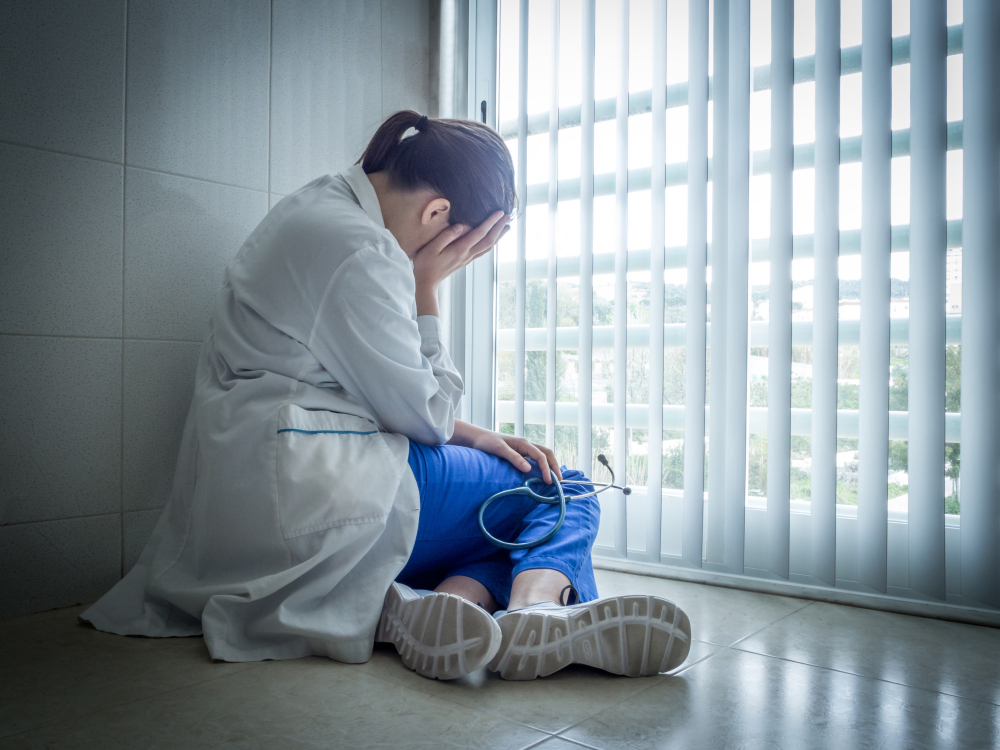On the evening of October 31, as we approached All Saints’ Day, my family and I gathered at the memorial park to celebrate my mom’s life on her third death anniversary. We held a simple Bible service, and the layperson leading the ceremony praised us for honoring our loved ones by visiting, praying, and caring for their resting places. He noted how some people seem to have lost the essence of this day, turning it into an occasion for socializing, rather than for reflection and remembrance. That observation stayed with me.
In previous years, I’ve marked this time by traveling or hiking—finding solace in quiet places to remember family members who have passed. This personal ritual has been a way for me to reflect, especially as I continue my journey in medicine. I’ve come to see this as part of my process for managing loss—not only of loved ones but also of patients.
As we come together on All Souls’ Day to honor those we’ve lost, I invite healthcare colleagues to reflect on the personal ways we remember our patients and cope with loss in our profession. Here are some questions we’ll explore during our #Healthxph chat on November 4, Saturday at 9 PM (Manila Time).
T1. Was there a time in your medical career when you struggled to cope with the death of a patient?
Death is something healthcare workers face regularly, yet it never becomes easy. Each loss is significant, and it can be challenging to process while continuing to provide compassionate, respectful care. There are moments when the emotional weight feels overwhelming, and we have to find ways to grieve—whether quietly in a call room, through shared stories, or in private moments of reflection.
Like many, I have had moments of sadness and tears even years later, remembering some of the patients I felt closest to, especially my mom.
T2. What practices, rituals, or personal traditions help you honor and remember deceased patients?
Over my years in medicine, I’ve seen many colleagues and institutions adopt meaningful ways to remember patients. I recall a patient, a 60-year-old woman in a charity ward with metastatic cancer. Her family couldn’t afford a ventilator, so her grandson and I took turns manually bagging her. On her last night, I held her hand one final time before stepping back to let her family grieve. Afterward, I returned to the call room to collect myself, still teary, and wrote a note of condolence for her family. These small acts help us to honor our patients, even as we move on to care for others.
T3. Have these practices helped you in your journey as a healthcare professional?
While we gain skills and knowledge from each patient, it’s the personal moments—the ones we carry with us—that help us cope with the mental and emotional demands of this work. For many of us, honoring our patients offers a way to remember them and manage our feelings, even if it doesn’t completely ease the sadness.
Please join us on November 2, Saturday at 9 PM (Manila Time) for this #Healthxph chat to share, reflect, and remember together. We look forward to hearing your stories and insights.








